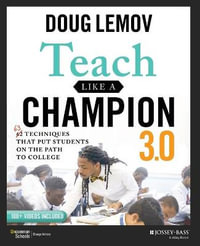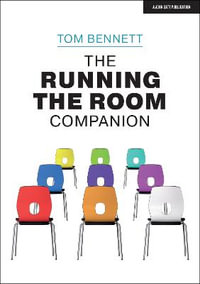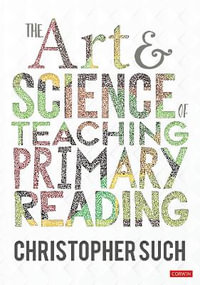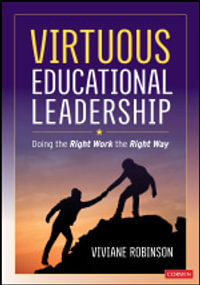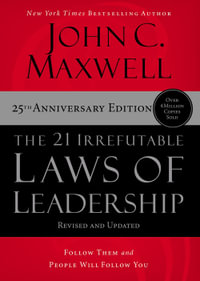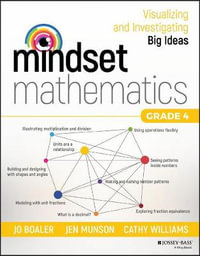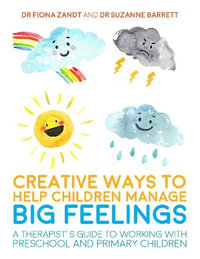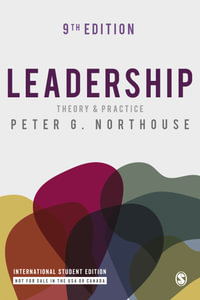| Preface | p. v |
| Introduction | p. 1 |
| Research methods: hearing what pupils say | p. 13 |
| The sample and method | p. 13 |
| Ethical issues with pupils | p. 15 |
| Informed consent? | p. 16 |
| Listening to children | p. 18 |
| Institutionalizing ethics | p. 19 |
| Prescriptive versus descriptive approaches | p. 20 |
| Real consent | p. 22 |
| The role of the researcher | p. 23 |
| The boundaries of confidentiality | p. 24 |
| Responsibility, accountability and democratic control | p. 25 |
| Conclusions | p. 27 |
| Submission? Pupils' attitudes to school | p. 34 |
| Formative stages? | p. 34 |
| Finding the positives | p. 35 |
| Rites of passage of a kind | p. 36 |
| The demands of school | p. 38 |
| Control and disorder | p. 40 |
| The routine of school | p. 43 |
| Pupils' perceptions of the purpose of school | p. 46 |
| What purpose? | p. 46 |
| The social context | p. 48 |
| Outcomes or judgements? | p. 50 |
| Reasons for being in school? | p. 52 |
| From work in school to paid work | p. 56 |
| Nostalgia or regret? The summary experience | p. 60 |
| The past is another country? | p. 60 |
| Looking back on experiences | p. 63 |
| Regrets, personal; and institutional | p. 67 |
| The central part of life | p. 71 |
| Happier days? | p. 72 |
| The subject of the curriculum | p. 75 |
| The National Curriculum as a necessity | p. 75 |
| The given core | p. 77 |
| Subjects and knowledge | p. 80 |
| Usefulness and utility | p. 82 |
| Skills learnt in school: for use or survival? | p. 84 |
| The monument of knowledge | p. 84 |
| What should be learnt? | p. 86 |
| Formal and personal skills | p. 88 |
| What are 'key' skills? | p. 90 |
| Skills of schools and skills of living | p. 92 |
| The most essential skill | p. 96 |
| Experiencing school: learning about relationships | p. 99 |
| The essential learning | p. 99 |
| The anti-social undercurrents of schools | p. 101 |
| The social atmosphere of learning | p. 103 |
| Waiting for something to happen | p. 105 |
| All that remains unnoticed | p. 107 |
| The seeking of challenges | p. 109 |
| The half-hidden malaise of school | p. 111 |
| Culpable witness | p. 113 |
| Pupils' relationship with teachers | p. 117 |
| The role of teachers | p. 117 |
| The dominance of being taught | p. 121 |
| The psychological absence of teachers | p. 123 |
| Fairness and unfairness | p. 125 |
| The inner curriculum of teaching | p. 128 |
| Teacher dependency | p. 131 |
| Teachers as roles, teachers as people | p. 133 |
| The learning styles of pupils | p. 136 |
| Teaching styles and learning styles | p. 136 |
| Groups, gangs and tribes | p. 139 |
| Learning to survive | p. 141 |
| Working together or in competition | p. 143 |
| The temptations of groups | p. 146 |
| Avoiding routines | p. 147 |
| The pleasures of collaboration | p. 150 |
| Conclusions | p. 153 |
| School and life beyond | p. 155 |
| Rites of passage | p. 155 |
| Do schools connect? | p. 159 |
| School as employment | p. 161 |
| The ambivalent security of school | p. 163 |
| The exposure to the job market | p. 165 |
| Conclusions | p. 169 |
| The social context of school | p. 171 |
| Conclusions | p. 191 |
| References | p. 206 |
| Index | p. 213 |
| Table of Contents provided by Syndetics. All Rights Reserved. |


